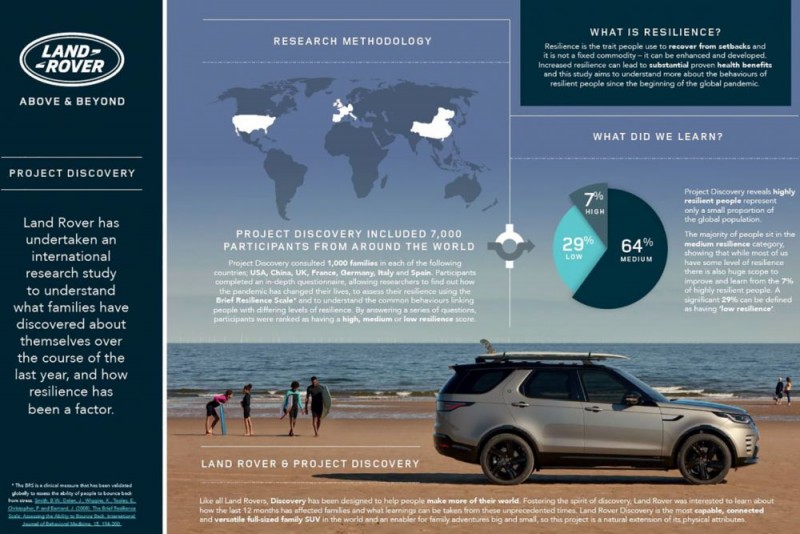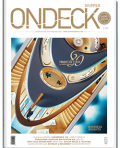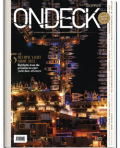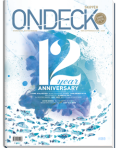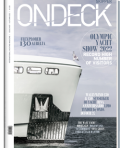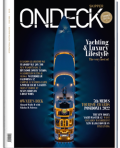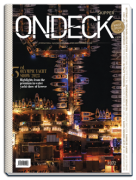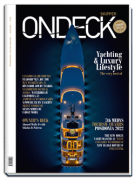
An international study looking into the effects of the Covid-19 outbreak on family life has revealed that close personal connections, an appetite for exploration, and hunger to make and learn are the keys to building personal resilience.
The ‘Project Discovery’ research conducted by Land Rover, showed that 87% of highly resilient people prioritise time with their family and loved ones over everything else. Highly resilient people are 40% more likely to want to explore and discover new places, compared to people with low resilience.
Other key findings include:
- 79% of people with high resilience take their physical and mental health seriously and have engaged with new activities.
- 72% of highly resilient people find joy in learning new things – 41% higher than people who returned low resilience scores.
- People with high resilience are 61% per more likely to have an active interest in news and current affairs.
- 75% of highly resilient people take part in creative activities to ‘make’ rather than consume.
- Over 65s were twice as likely to be highly resilient than 18-24-year-olds – indicating resilience is something that can be built over time.
The results show that most people can take steps to improve their resilience. National lockdowns and social restrictions have forced communities across the world to change and adapt, with 73% of people in the study beginning a new pastime, exercise regime, hobby or habit since the beginning of the global pandemic last year – and 93% of those, plan to keep up the new activity in 2021.
Professor Sir Cary Cooper, Professor of Organizational Psychology & Health at MBS Manchester University, said: “Resilience is something that can be learned and developed over time and Project Discovery shows how truly resilient people behave. Using its findings, it’s possible to see how a few relatively simple lifestyle changes have the potential to enhance our ability to overcome adversity both now and in the future."
Global adventurer Bear Grylls was joined by mental health advocate and former England rugby player, Jonny Wilkinson, to launch the findings and discuss what resilience means to each of them.
Analysing the findings of Project Discovery, Professor Sir Cary Cooper recommends the following key steps in developing stronger self-confidence and resilience:
- Foster strong relationships – schedule regular catch-ups with friends or colleagues and set aside time for family to make it part of your daily routine
- Set goals and targets to help keep you motivated – it could be anything from a large DIY project to cooking a new recipe every week
- Participate in a regular form of exercise – an appropriate physical challenge will help your mind and body and give you a reason to get outside.
